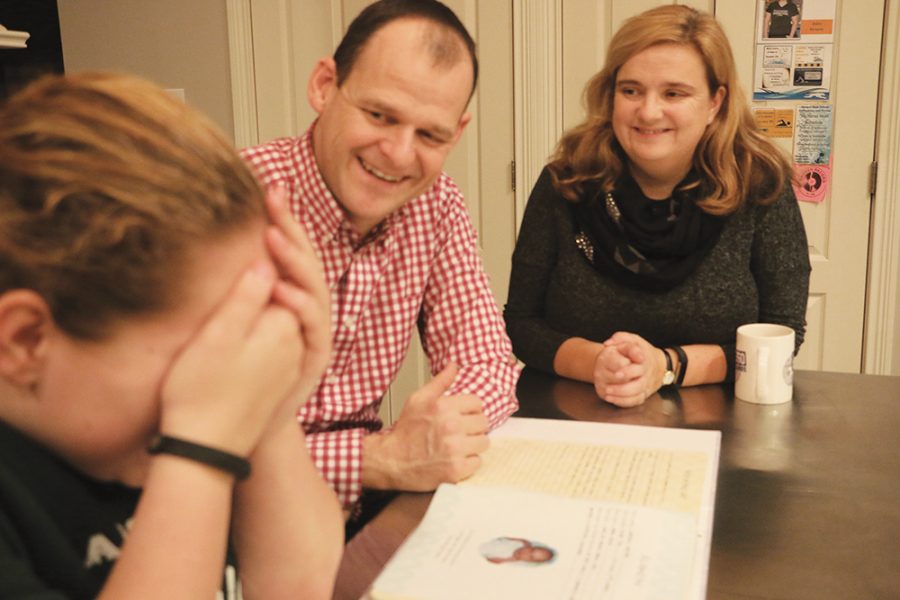It was September 2001 when Sara and Robert Draper commenced a new adventure, one that would engulf their lives for the next several decades. They had welcomed a new member into their family: their daughter, Abby Draper.
However, Abby’s story did not begin with Mr. and Mrs. Draper, but rather, it started with a college-aged mother who Abby would not be able to come to know until her 18th birthday. Prior to her birth, Abby’s birth mother had made the decision to give her daughter up for adoption, a decision that would allow Mr. and Mrs. Draper to build their family and would give Abby a different life, one in which she would have the opportunity to grow up and prosper with new possibilities and a new family.
On Sept. 10, 2001, at just two days old, Abby’s adoption was finalized and she, along with her newfound parents, began their new life together.
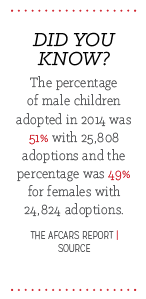 She wasn’t alone. According to the 2000 U.S. Census Bureau, Abby is one of more than 2.1 million adopted children in the United States. In the 1970s, the U.S. Children’s Bureau designated a week, which later became the whole month of November, as National Adoption Month to raise awareness for the youth in foster care who continue to await adoption.
She wasn’t alone. According to the 2000 U.S. Census Bureau, Abby is one of more than 2.1 million adopted children in the United States. In the 1970s, the U.S. Children’s Bureau designated a week, which later became the whole month of November, as National Adoption Month to raise awareness for the youth in foster care who continue to await adoption.
For Abby, adoption means being given the chance to live up to her potential, something that may not have been possible if she had grown up in a college dorm with her birth mother. She said it has given her the chance to receive a great education, grow up with up with parents and pets she adores, become a swimmer and, overall, live a life she loves.
However, she said her experiences have not all been positive. Through her years, she has faced teasing from her peers because of her adoption.
“It started off as a joke,” she said. “But then, I started being like, I’m just going to say something different.” She also said she decided that instead of letting the teasing get to her, she would stand up to it and not let it affect her.
“I just accepted that this is how my family was put together; this is who I am,” she said. “I have a great life and it just so happens that adoption was the way I started this life. I owe it all to it, really.”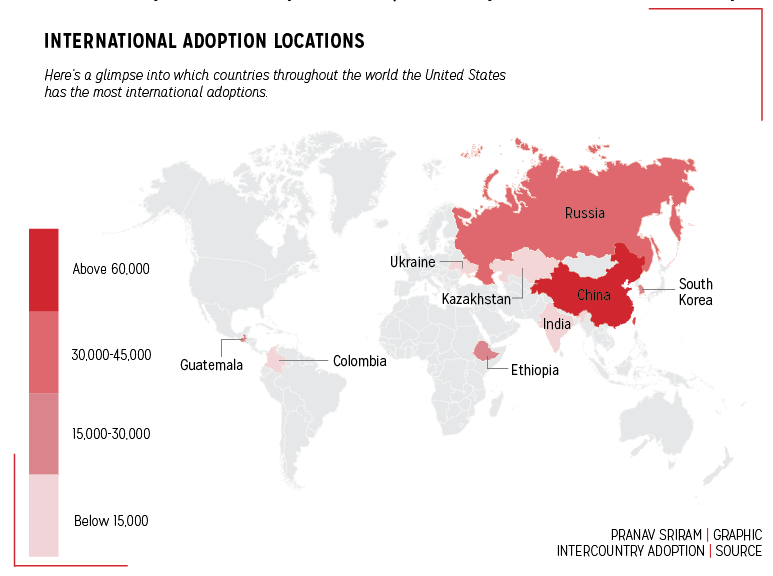
Because of her adoption, Abby said she was inspired to help others who weren’t able to get the same opportunities she did. According to Mrs. Draper, when Abby was eight years old, she encouraged her family to partake in foster care. This past January, the Drapers began fostering and have since fostered four different children.
According to AdoptUsKids, an organization with the mission of promoting adoption and foster care, the foster care system is a system of temporary custody by the state for children who have been abused, neglected or abandoned, with the goal of reunification with birth families. In 2014, the Department of Child Welfare estimated there were over 650,000 children in the system. According to John Levesque, a deputy project office for AdoptusKids, many of these children end up in group homes as there are not enough foster families willing to take them in.
Mrs. Draper said she is aware of these problems and said she hopes to help through being a foster parent. It has been a way for her to give back.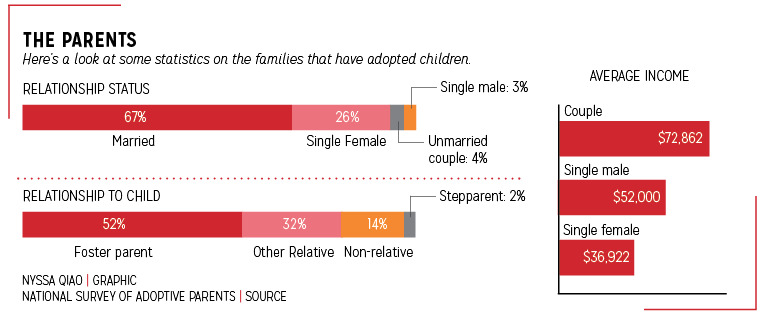
“Giving back to kids in foster care seemed like a very clear and direct way of saying thank you to the people of this country for giving us Abby,” said Mrs. Draper.
Prior to becoming foster parents, the Drapers had to go through an extenuous two-to-three month investigation process and training program by the Department of Children’s Services to ensure they were ready to foster. During this time, they learned skills such as first aid, CPR and how to properly deal with traumatized children. After this process, the Drapers were ready to become foster parents.
On their first day of fostering, as two children walked into the Draper household, Mrs. Draper said she was fearful, unsure of the challenges that were yet to come.
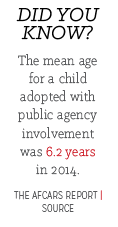 “It was scary. The first day, two children walked into our home that were strangers that had been taken away from their families for the first time,” said Mrs. Draper. “Really that first evening terror was a major, major feeling.”
“It was scary. The first day, two children walked into our home that were strangers that had been taken away from their families for the first time,” said Mrs. Draper. “Really that first evening terror was a major, major feeling.”
Levesque said this is a common feeling among foster parents, and many times acts as a deterrent from fostering, but often, what people are unaware of is that a person does not have to be perfect in order to be a foster or adoptive parent, and rather, anyone can be a foster parent if he or she is willing.
“You’re not alone,” Levesque said. “People do get anxious about (foster parenting), but so do parents who give birth to babies. You have to own that anxiety and move forward.”
Mrs. Draper said she learned to face the challenges of fostering as time went on and as she gained experience.
“You just try and do your best everyday with a smile on your face,” she said. “The most important thing for me is to learn that however badly these children may behave, it’s not personal. Their behavior is the result of some hurt and trauma and once you start to learn where that behavior comes from you can help them address it to make things better.”
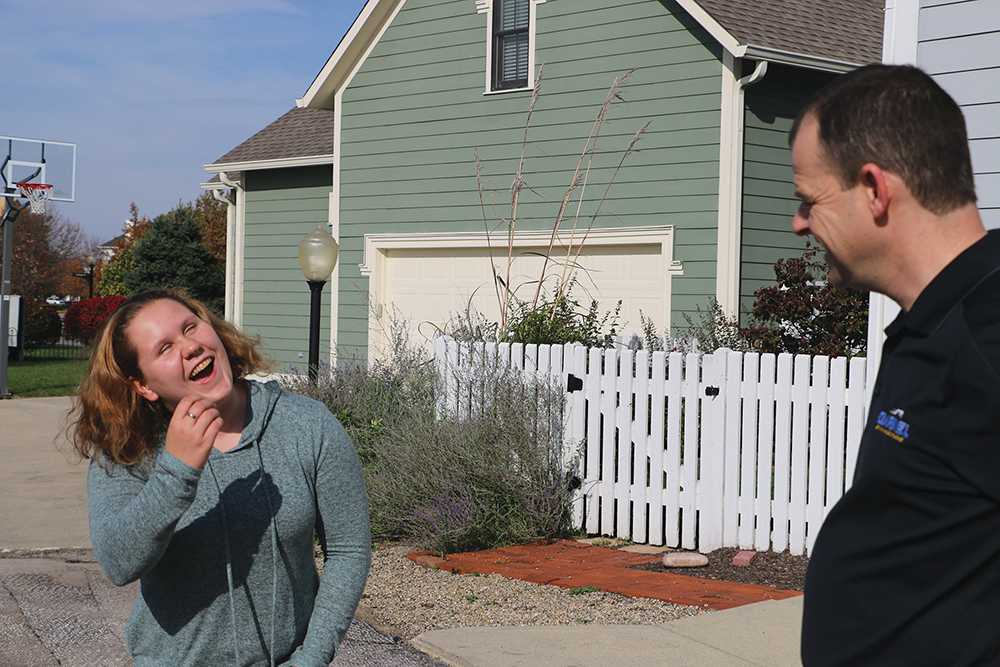
A FUTURE WORTH WAITING FOR:
Sophomore Abby Draper and her adoptive father, Robert, reflect on their life after adoption during National Adoption Awareness Month. Abby said although she fears her birth mother will not wish to meet her when she turns 18 years old, she still hopes to find and meet her.
Mrs. Draper said her experience with fostering has been immensely rewarding as she’s seen her foster children grow and learn new things, as well as gain new life experiences. With one of her foster children, a 6-year-old foster son, she was able to see him do just this when her family took their foster son, who had never before seen the ocean, on a trip to Florida. Upon their arrival at the ocean, she said his jaw dropped and as he licked his hands covered in ocean water he exclaimed, “It tastes like a potato chip!”
“He couldn’t believe how big it was,” Mrs. Draper said. “You can’t imagine what the ocean is like until you’ve seen it. And as he looked out the ocean, he could see a horizon of new opportunities that he wouldn’t have had otherwise.”
















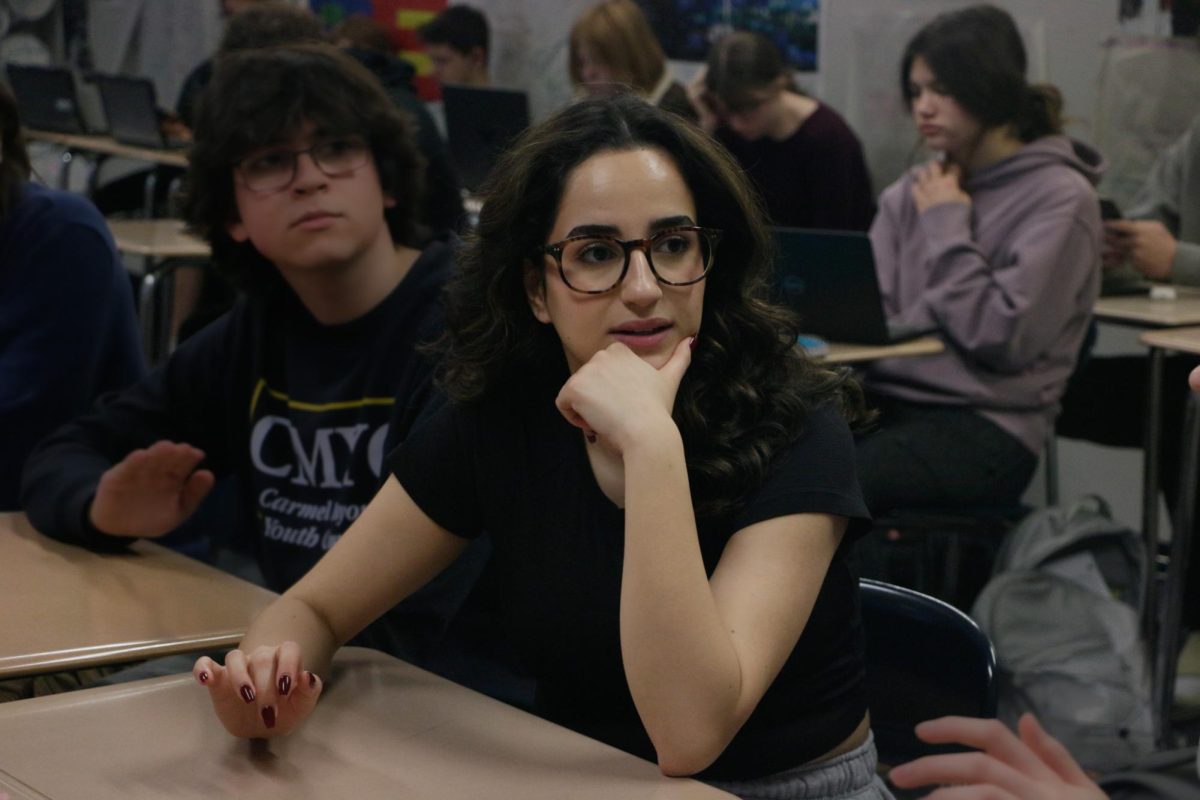

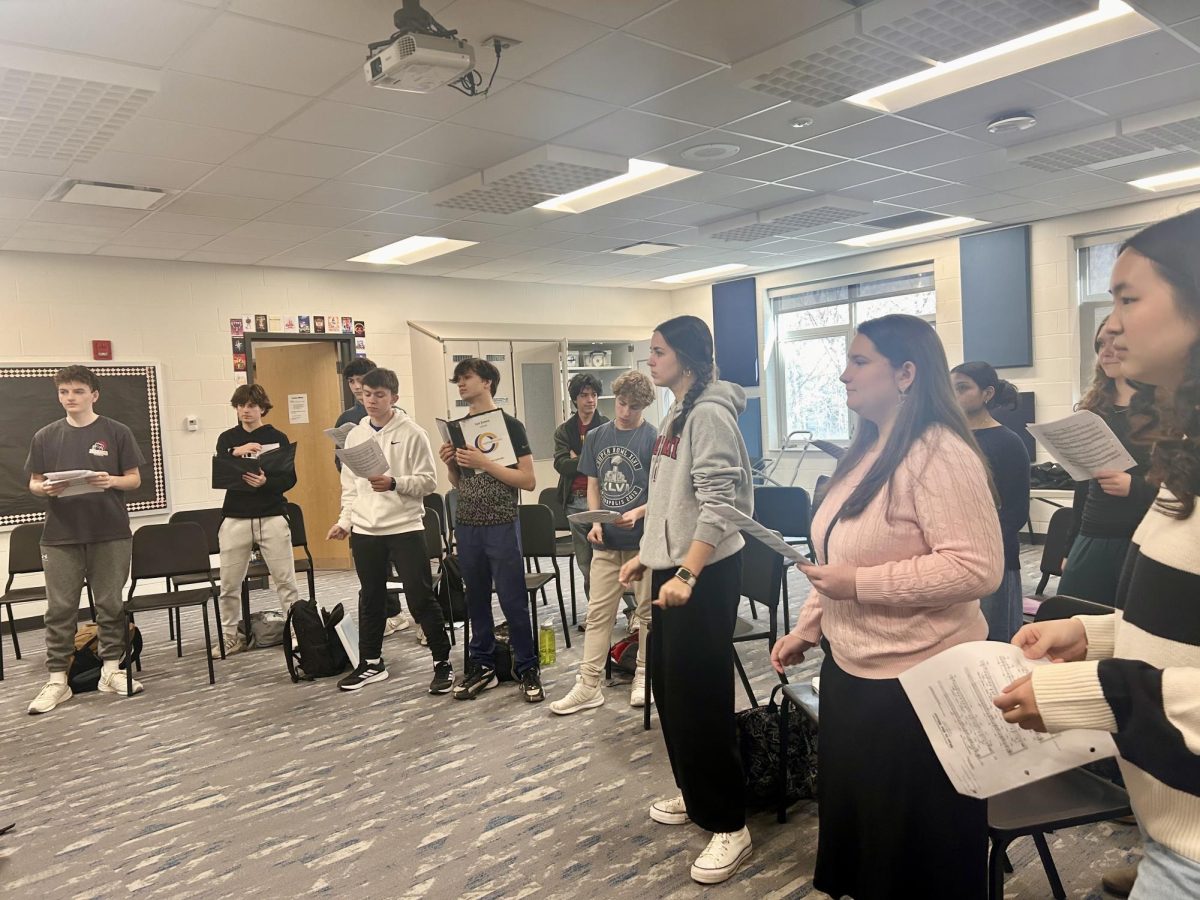

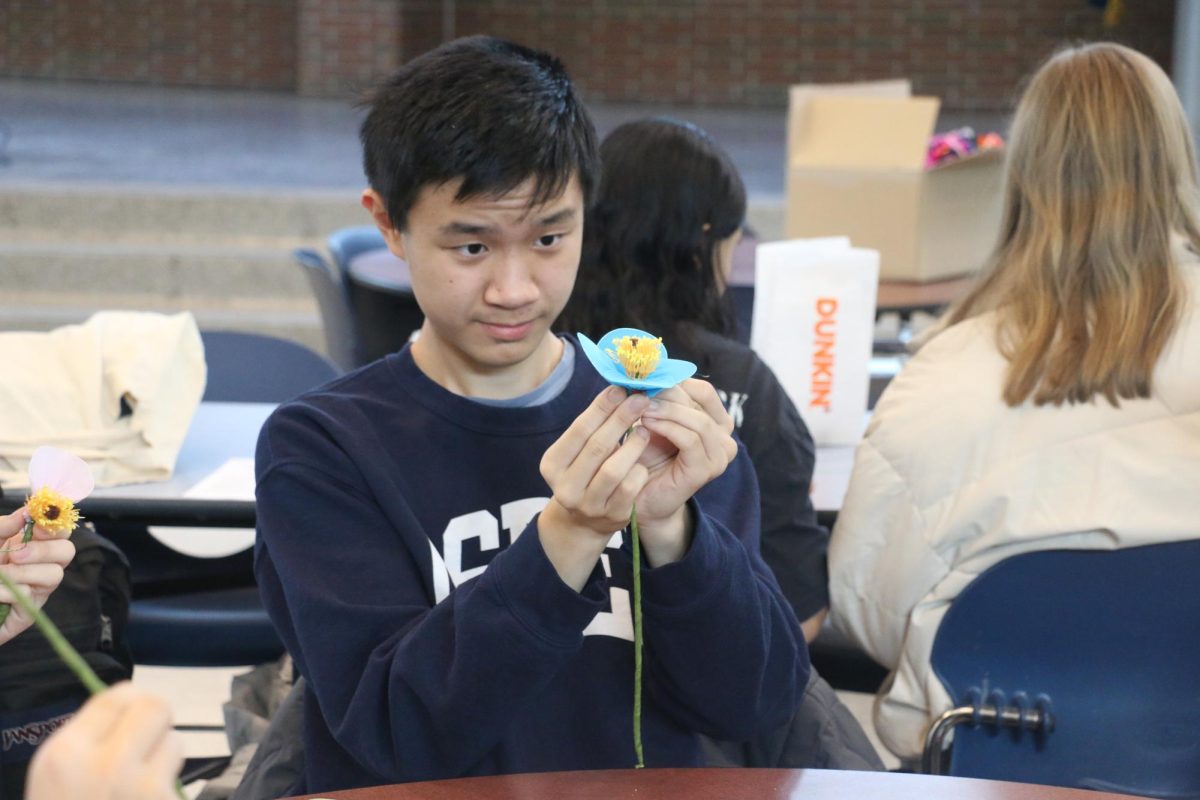




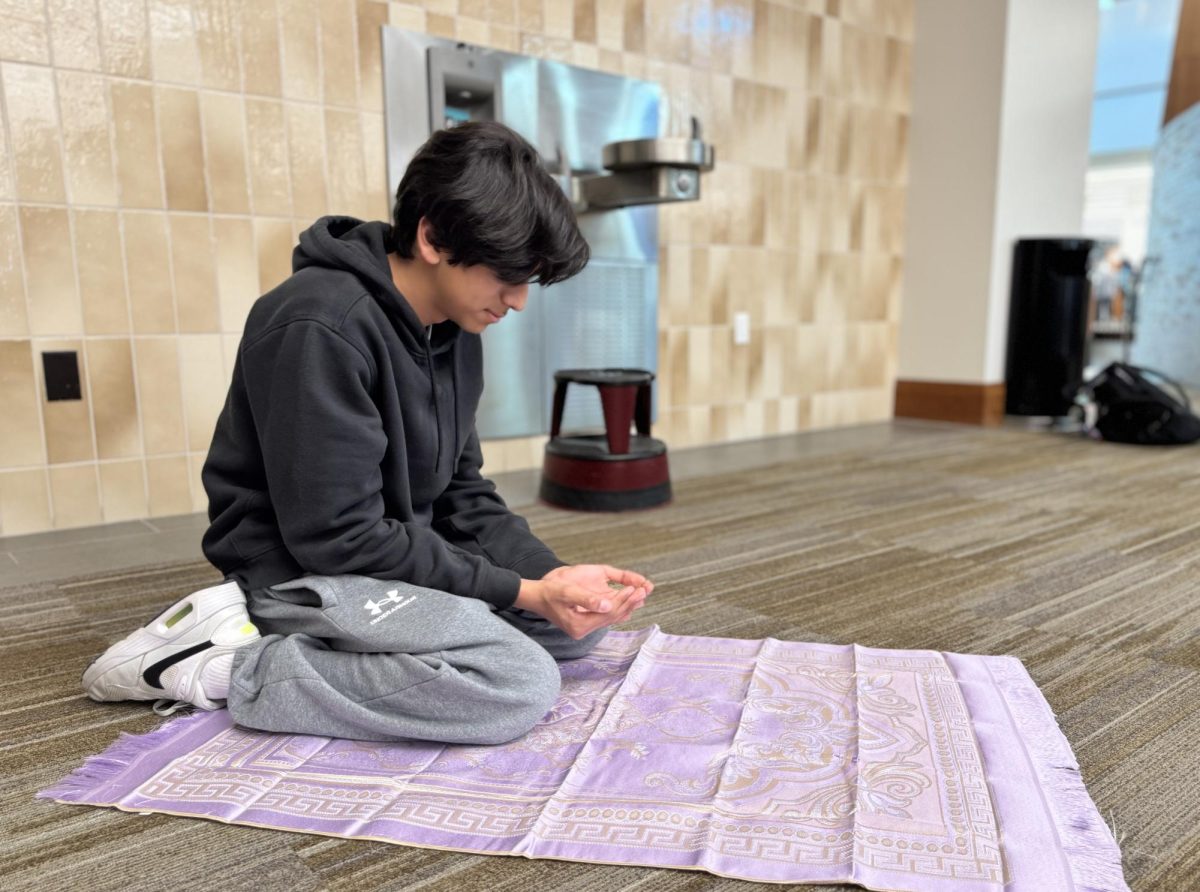





![AI in films like "The Brutalist" is convenient, but shouldn’t take priority [opinion]](https://hilite.org/wp-content/uploads/2025/02/catherine-cover-1200x471.jpg)


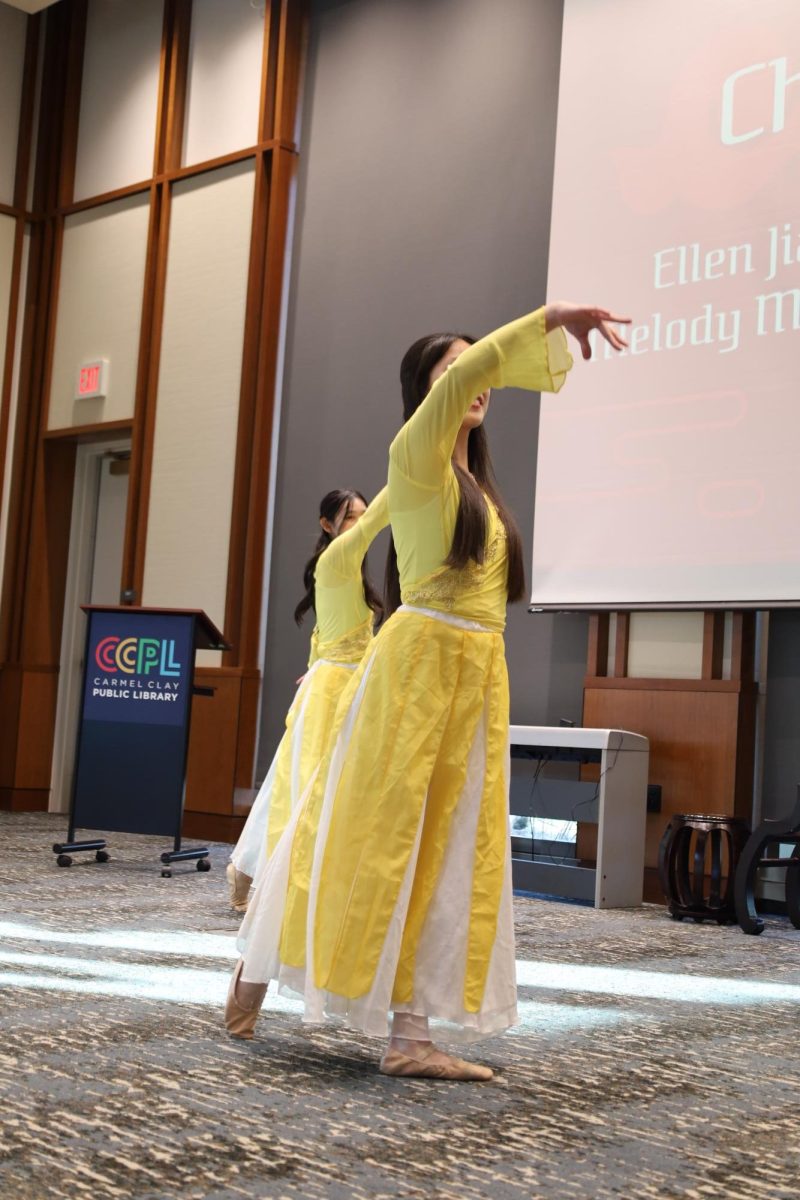










































![Review: “The Immortal Soul Salvage Yard:” A criminally underrated poetry collection [MUSE]](https://hilite.org/wp-content/uploads/2025/03/71cju6TvqmL._AC_UF10001000_QL80_.jpg)
![Review: "Dog Man" is Unapologetically Chaotic [MUSE]](https://hilite.org/wp-content/uploads/2025/03/dogman-1200x700.jpg)
![Review: "Ne Zha 2": The WeChat family reunion I didn’t know I needed [MUSE]](https://hilite.org/wp-content/uploads/2025/03/unnamed-4.png)
![Review in Print: Maripaz Villar brings a delightfully unique style to the world of WEBTOON [MUSE]](https://hilite.org/wp-content/uploads/2023/12/maripazcover-1200x960.jpg)
![Review: “The Sword of Kaigen” is a masterpiece [MUSE]](https://hilite.org/wp-content/uploads/2023/11/Screenshot-2023-11-26-201051.png)
![Review: Gateron Oil Kings, great linear switches, okay price [MUSE]](https://hilite.org/wp-content/uploads/2023/11/Screenshot-2023-11-26-200553.png)
![Review: “A Haunting in Venice” is a significant improvement from other Agatha Christie adaptations [MUSE]](https://hilite.org/wp-content/uploads/2023/11/e7ee2938a6d422669771bce6d8088521.jpg)
![Review: A Thanksgiving story from elementary school, still just as interesting [MUSE]](https://hilite.org/wp-content/uploads/2023/11/Screenshot-2023-11-26-195514-987x1200.png)
![Review: "When I Fly Towards You", cute, uplifting youth drama [MUSE]](https://hilite.org/wp-content/uploads/2023/09/When-I-Fly-Towards-You-Chinese-drama.png)
![Postcards from Muse: Hawaii Travel Diary [MUSE]](https://hilite.org/wp-content/uploads/2023/09/My-project-1-1200x1200.jpg)
![Review: "Ladybug & Cat Noir: The Movie," departure from original show [MUSE]](https://hilite.org/wp-content/uploads/2023/09/Ladybug__Cat_Noir_-_The_Movie_poster.jpg)
![Review in Print: "Hidden Love" is the cute, uplifting drama everyone needs [MUSE]](https://hilite.org/wp-content/uploads/2023/09/hiddenlovecover-e1693597208225-1030x1200.png)
![Review in Print: "Heartstopper" is the heartwarming queer romance we all need [MUSE]](https://hilite.org/wp-content/uploads/2023/08/museheartstoppercover-1200x654.png)


